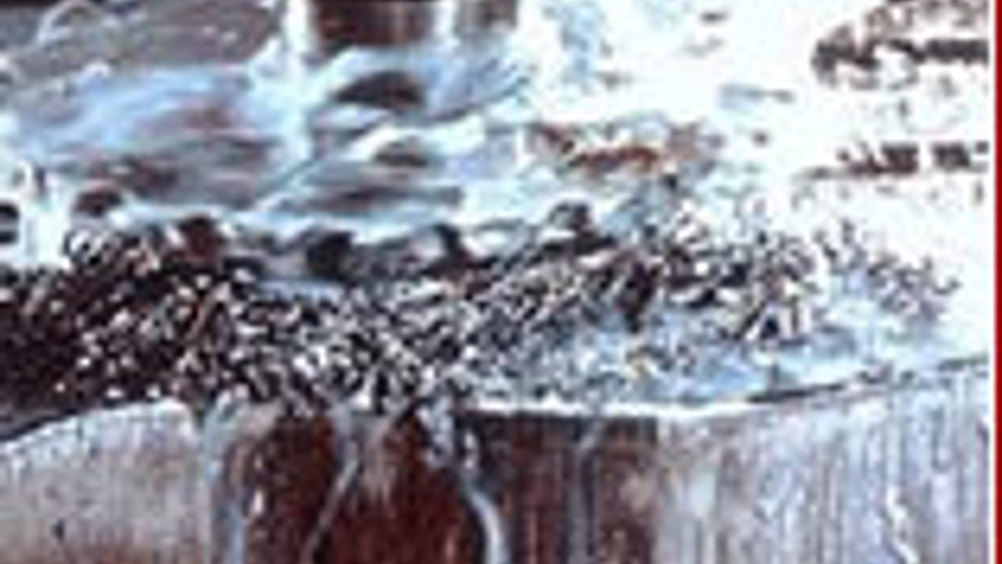Waste disposal
A method of treating and disposing of waste metalworking fluids has been developed by researchers from the Centre for Ecology & Hydrology.

A novel, safe, cost-effective method of treating and disposing of waste metalworking fluids has been developed by researchers from the Centre for Ecology & Hydrology, part of the Natural Environment Research Council (NERC).
The new treatment method is based on microbiological technology developed by Prof Ian Thompson and Dr Christopher van der Gast. The scientists, in collaboration with the NERC Commercialisation Team and Oxford-based investors H2O Venture Partners, identified a market need for the technology and have formed a spin-out company, Microbial Solutions.
The technology, known as Microcycle, is capable of breaking down whole waste metalworking fluids (MWFs) without the need for pre-treatment and to Chemical Oxygen Demand (COD) levels well below the environmental consent limit. A chemical oxygen demand (COD) test is commonly used to indirectly measure the amount of organic compounds in water. Because of that, the waste can therefore be safely disposed of in local sewers.
Untreated waste MWFs carry very high levels of COD so cannot safely be disposed of in sewers. Current disposal methods of the waste generally require transportation to a centralised disposal and treatment facility.
Register now to continue reading
Thanks for visiting The Engineer. You’ve now reached your monthly limit of news stories. Register for free to unlock unlimited access to all of our news coverage, as well as premium content including opinion, in-depth features and special reports.
Benefits of registering
-
In-depth insights and coverage of key emerging trends
-
Unrestricted access to special reports throughout the year
-
Daily technology news delivered straight to your inbox










Water Sector Talent Exodus Could Cripple The Sector
Maybe if things are essential for the running of a country and we want to pay a fair price we should be running these utilities on a not for profit...